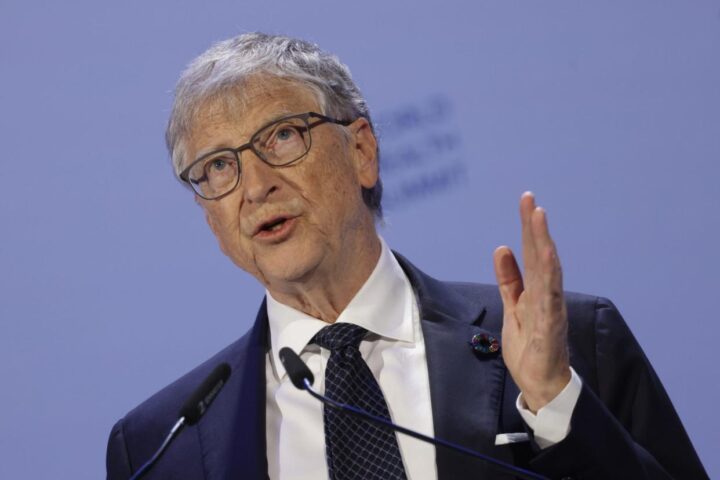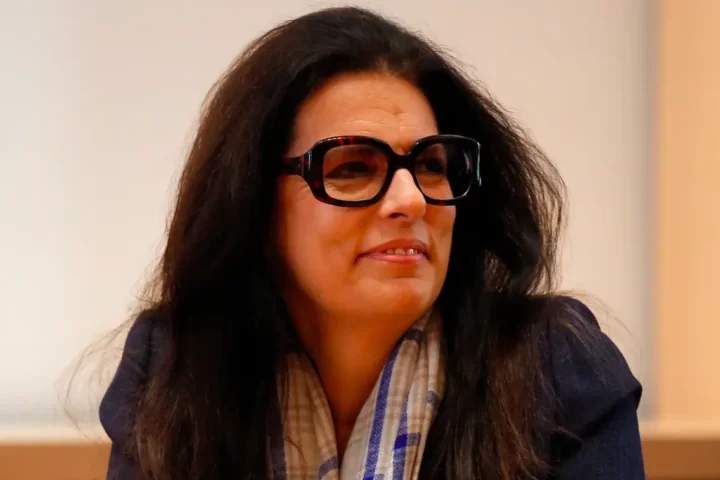In a striking revelation underscoring the widening wealth gap, a recent report by UBS has found that the combined wealth of the world’s billionaires has more than doubled over the past decade, reaching a staggering $14 trillion. This meteoric rise highlights the unprecedented accumulation of wealth among the ultra-rich, fueled by technological advancements, booming stock markets, and aggressive investment strategies.
The UBS report, which analyzed wealth trends over the past ten years, attributes much of the increase to sustained economic growth, the rise of tech-driven enterprises, and the resilience of global markets, even amid crises such as the COVID-19 pandemic. In 2013, the total net worth of billionaires worldwide stood at approximately $6.4 trillion, making the leap to $14 trillion by 2023 a remarkable economic phenomenon.
While the number of billionaires has grown from around 2,170 to over 2,700 in the same period, it is the disproportionate wealth accumulation that has raised eyebrows. A significant portion of the increase is concentrated in key industries such as technology, finance, and healthcare, with tech entrepreneurs and investors leading the charge.
The report identifies several factors that have propelled billionaires’ fortunes to new heights:
- Tech Revolution: The explosion of innovation in fields such as artificial intelligence, e-commerce, and cloud computing has created a new generation of tech magnates. The likes of Elon Musk, Jeff Bezos, and Mark Zuckerberg have seen their net worth skyrocket due to the rapid adoption of digital services and products.
- Global Markets: The sustained growth of global equity markets has amplified the wealth of billionaire investors and business owners, who often hold substantial stakes in publicly traded companies.
- Private Investments: Billionaires have increasingly diversified their portfolios into private equity, hedge funds, and high-growth startups, which have delivered outsized returns.
- Generational Wealth Transfer: Over the past decade, an estimated $1.5 trillion has been passed down from older generations to their heirs, further consolidating wealth within ultra-rich families.
Critics argue that this ballooning of billionaire wealth has exacerbated economic inequalities globally. Despite the remarkable growth in overall wealth, the World Bank estimates that nearly 700 million people worldwide live on less than $2.15 a day—a stark contrast to the billions of dollars amassed by the ultra-wealthy.
“The pandemic has shown us how skewed wealth distribution has become,” said Oxfam International’s Chief Executive, Gabriela Bucher. “While millions were pushed into poverty, billionaires collectively added trillions to their net worth, highlighting systemic imbalances in taxation and global economic policies.”
The report has reignited debates about wealth redistribution and the role of taxation in addressing inequality. Progressive economists and policymakers have called for measures such as wealth taxes, enhanced estate taxes, and reforms to close loopholes in tax codes that favor the ultra-rich.
In response to such calls, UBS analysts noted that many billionaires have increased their philanthropic activities, contributing significant sums to causes such as climate change, education, and global health. However, critics argue that philanthropy alone is insufficient to address structural economic disparities.
As the world grapples with pressing issues such as climate change, geopolitical tensions, and economic volatility, the role of billionaires in shaping the global economy remains a contentious topic. While some view their wealth as a testament to innovation and entrepreneurship, others see it as a symptom of unchecked capitalism that needs urgent reform.
Regardless of the perspective, the numbers paint a clear picture: the era of the billionaire is far from over, and their influence on the world’s economic and social fabric is set to grow even further.







